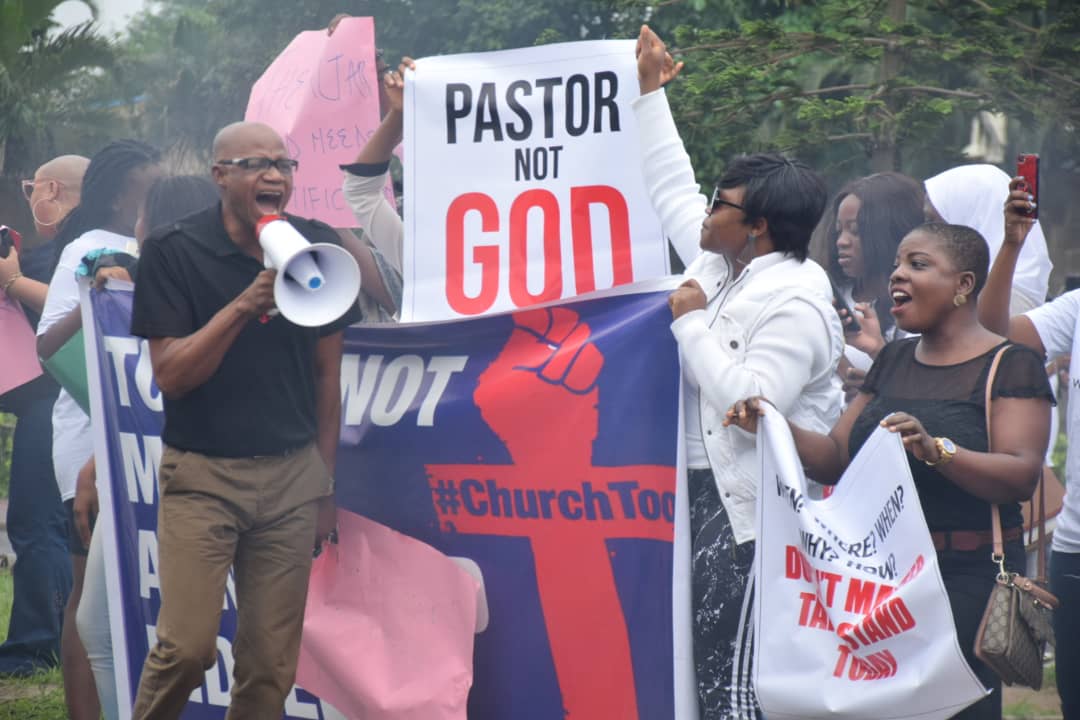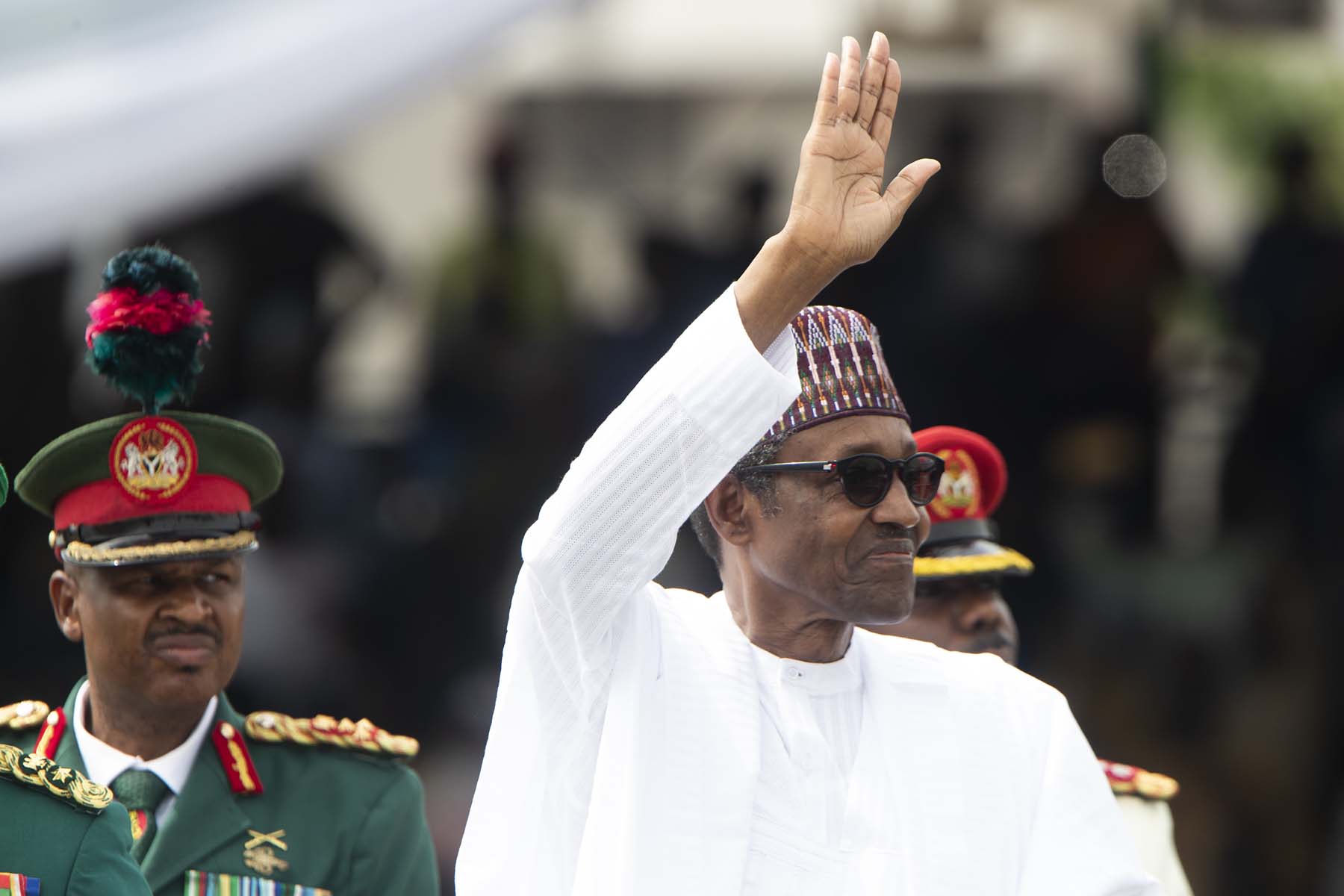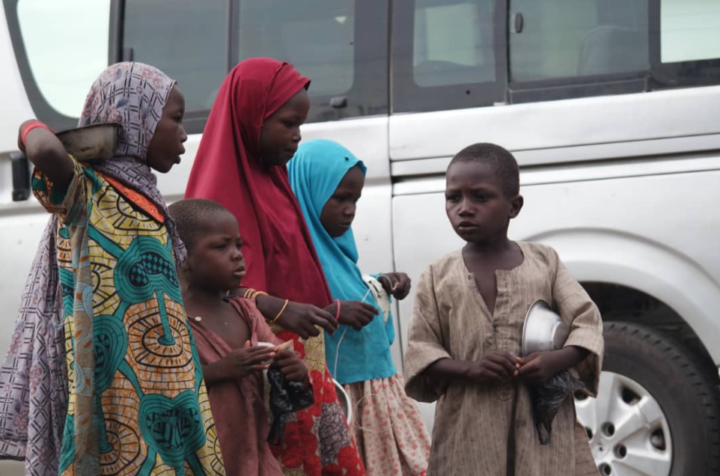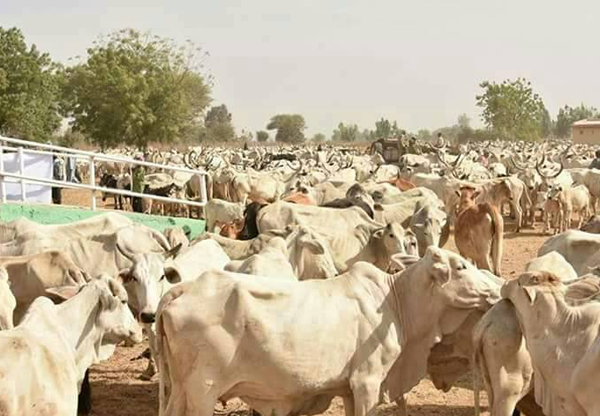The Nigerian polity has been on analytical overdrive on the issue of settlement of herders since January 2018 when Audu Ogbe, the minister of agriculture and rural development, announced a policy to carve out “cattle colonies” in 16 states. Governors of states such as Kogi and Plateau, who had initially expressed interest pulled out as the social and political toxicity of the idea became clear.
Six months later, Hadi Sirika, minister of state for aviation, announced plans to establish a new national airline “Nigeria Air” at the Farnborough Airshow in London.A new logo, slogan and publicity video were on display. There have been lots of criticisms over the quality of the presentation and logo as well as how much they cost but those are not my preoccupation. Fast forward to June 2019, the government rebranded cattle colonies as “Ruga settlements” and moved with military panache.
The two programs were dead on arrival. The identical fates of Nigeria Air and cattle colonies (aka ruga settlements) are metaphors for and embodiments of the struggles of the Buhari administration to craft, communicate and implement policies. The botched policies have commonalities that should be noted by policy-makers.
Inadequate public and stakeholder consultation
Advertisement
Nigeria Air was “suspended” in March 2019 for “strategic reasons”, according to Sirika. The reasons included the need for viability funding, private-public partnership, and plans for implementation, among others. In other words, the minister admitted in a roundabout way they had neither fully thought through nor consulted appropriate stakeholders before the official unveiling of plans for the national airline. Plans for cattle colonies were suspended following public criticisms and the quick retreat of governors who had initially supported the plans. The do-over in the form of ruga settlements also lacked any painstaking process. The official announcement noted disjuncture between the ruga settlement plans and the national livestock transformation plan.
The two botched ideas embody the need for more rigour in government. The two ministries — aviation and agriculture — did not approach the exercise with the level of thoroughness, thoughtfulness and seriousness it deserved. One example from another context may suffice.
My almamata, the University of Manitoba, Canada recently consulted over 7,000 persons—students, professors, and alumni among others over a serious matter. What serious matter would warrant consulting 7,000 persons? Wait for it: A new logo for the university! The university realized it needed to mobilize and involve everyone who was part of the fabric of the institution to promote inclusion and ensure a collaborative, consensual and respectful process and outcome. All voices were heard and the product was the culmination of the efforts of those who had a stake in the past, present and future of the university. No one could claim exclusion from the process. If a university with approximately 30,000 students could consult so widely in order to arrive at a new logo, a government serving over 180,000 million people ought to do a better job on such an important matter.
Advertisement
Inadequate brainpower
I do not believe you need to abuse someone or a government in order to offer constructive criticism. I have maintained since August 2015 that President Muhammadu Buhari needs to improve the intellectual depth of his inner circle. One main lesson from the two ill-conceived policies is that the president needs to increase the quality and breadth of counsel that he receives and diversity of his inner circle.The idea of launching Nigeria Air in London was bonkers given our history with colonialism and the continued subjugation of our people by forces of imperialism. The pride of many Nigerians was hurt by the location of the announcement (despite legitimate arguments that could be made about the global audience). In addition, the president and his advisers underestimated how unpopular the cattle colony idea was.Those who led the efforts based their strategies and permutations on non-existent data. The frustration with the herders is real. To be clear, some of the anger and frustrations against ruga settlements are borne out of ethnic bigotry and nativist pride but others are sincere concerns of citizens particularly because of the disregard for human lives by some of the Fulani herders implicated in killings and kidnappings across Nigeria.The crude and unscientific nature of the process grossly misunderstood the complexities of our political environment, the waning political capital of the administration, its entrenched perception as a nepotic government and the messiness of democracy.
Timing
Timing is everything in politics. Like individuals, societies have moods. You do not read poetry to your hungry neighbour. The Nigeria Air project demonstrated misplacement of priority. The average Nigerian was not convinced that a national airline was the most important item in 2018. Conversely, the cattle colony idea was a tone-deaf reaction to the mood of Nigerians. The idea of a colony for herders at a time of unprecedented national division and ethnic chauvinism was against common sense and nous of statecraft. It was a hot political issue and in receding the policy, the government inadvertently acknowledged that the timing was wrong and the idea needed further consideration and consultation.
Advertisement
Naming and branding
Public communication is a delicate art and complicated science.Names matter. Nomenclatures are critical.There are US polls on divergent public reactions to “inheritance tax” and “death tax” even though they refer to the same thing.The initial christening of the program as “cattle colony” was not a smart idea. Whoever came up with the name did President Buhari’s government a huge disservice and is advised (with all due respect) to try to read a book once in a while.
My point is that you do not name an area within a federation a “colony” in a society whose unity has always been a major issue. The term “ruga” is also arguably problematic. A July 2 2019 article in the Vanguard newspaper noted that the term “is the crudest assault on inclusivity in a multi-ethnic country like Nigeria… The in-your-face attitude in coming up with this concept is a summation of all that is wrong with Nigeria…under this administration.” If you pardon the hyperbolic inflection in the quoted statement, you are left with a slice of reality that policy-makers seemed to have missed. The names given to the program reflect the monolithic and non-diverse nature of key decision-makers. A diverse collection of bureaucrats or political appointees debating the policy would have concluded that each of those names was not appropriate and would generate opposition. If the team that made the policy was indeed diverse, then attention has to turn to whether or they felt they could express their true opinions without retaliation.
Poor collaboration in government
Advertisement
Various units and departments of governments even in the most advanced democracies are territorial by nature and have a degree of inherent inertia. One unit often has no clue what the other is doing. This was one of the realizations of the US government following September 11 2001. They realized that each intelligence/security service simply did its thing and rarely shared information with others. The Department of Homeland Security was created in November 2002 to bridge that gap. It appears that Nigeria’s vice president, Yemi Osinbajo, was blindsided by some of the claims of those attempting to sell the idea of ruga settlements. Osinbajo’s office clarified that the vice president was not supervising ruga settlement plans and that the national livestock transformation plan was different from ruga. In reality, both policies are similar though not identical. I doubt that those who planned ruga settlements interacted with those in charge of the livestock transformation plan.
Overall, the government is in a delicate position. One approach is to view opposition to ruga settlements as simply “bad belle” and disdain for Fulanis. Another approach is to engage in serious reflection on the actions and inaction of the government. Did the government have a right to remain silent following wanton killings by herders? What compensations are being provided to farmers who lost their livelihood because of destruction of their farms by cattle or entire communities by herders? How can we foster national unity in an impartial way?How do we compensate for losses on both sides? How do we assure citizens that ruga settlements are not intended for ethnic domination? There are no easy answers.
Advertisement
Follow Oriola on Twitter: @topeoriola
Advertisement
Views expressed by contributors are strictly personal and not of TheCable.
Add a comment







